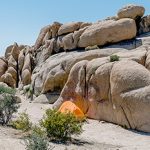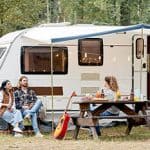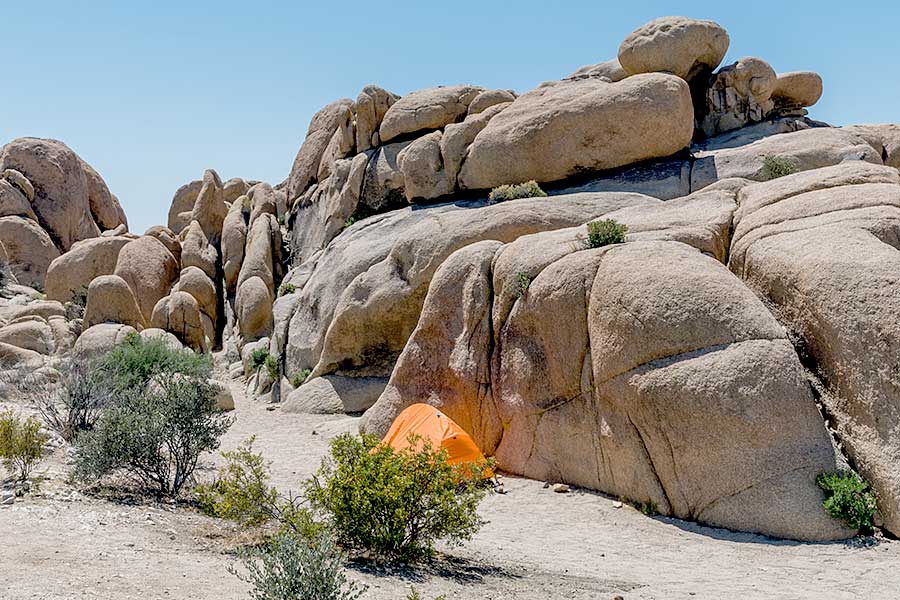
There’s nothing quite like the peace and tranquility of setting up camp in a remote location. Being surrounded by nature and disconnected from the stressors of everyday life can be a truly rewarding experience. However, camping in an isolated area can also come with its own set of challenges and risks.
Camping in Isolated Places
Venturing out into the great outdoors and camping in remote areas is an enriching and fulfilling experience. However, preparing yourself for any challenges that may befall you in the wild is essential. Whether you camp in a tent or an RV, we’ve gathered some valuable tips to elevate your camping experience.
1. Plan Your Route and Destination Ahead of Time
It is advisable to map your path and pinpoint your intended destination beforehand. Before embarking on your journey:
- Be sure you have a solid plan.
- Familiarize yourself with your destination by conducting in-depth research and highlighting any possible difficulties or obstacles you may face.
- Pay close attention while charting your route, and double-check that you carry all the essential tools like maps, GPS, and other navigation gear.
2. Bring Appropriate Gear
It’s essential to pack the appropriate gear suited to the environment you’ll be camping in. In isolated situations, carry weather-appropriate clothing and sturdy hiking boots capable of tackling the terrain.
3. Stock up on Supplies
Being well-prepared food-wise is fundamental when camping in off-grid locations. Bring enough supplies such as food, water, and any essential camping gear like cooking utensils, a camping stove, and coolers. Be sure that you carry sufficient food and water to last for the entirety of your expedition.
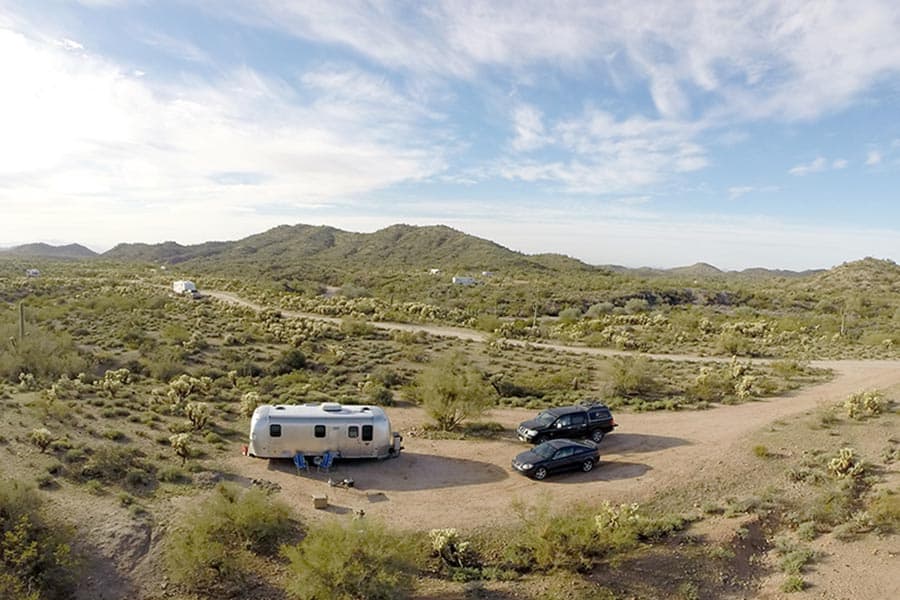
4. Let Someone Know Your Plans
One of the major things you should do is to let a family member or friend know where you are going and when you plan to return. This way, if something unfortunate happens during your trip and you aren’t back when expected, rescuers will know where to start looking for you. If possible, check in with them regularly.
5. Check the Weather
It is crucial to stay up-to-date with the weather forecast of your destination before starting your trip. By checking the weather in advance, you can pack appropriate clothing and gear and make provisions to avoid getting stuck in hazardous weather conditions.
It’s also best to stay informed about the current climate and any upcoming storms so that you can reschedule your trip if necessary or adjust your gear and clothing accordingly. In addition, keeping track of the weather while at your destination will help you have a safe camping experience.
6. Bring a Water Filter or Purification System
One of the most important things to consider when camping in remote places is access to clean drinking water. If your destination has limited access to safe drinking water, you should carry water filters or purification systems to ensure a consistent supply of safe drinking water throughout your trip.
These devices can filter out bacteria and other harmful particles, ensuring you won’t suffer from dehydration or waterborne illnesses. It’s also essential to have a reliable and sustainable water source to replenish your water supply when necessary.
Other Posts of Interest
- How Long Does A Camping Fridge Last?
- 18 Van Camping Tips for Beginners
- Do You Need An Axe For Camping?
- What Vans Can You Stand Up In?
7. Bring a First Aid Kit
Accidents can happen anywhere, and it’s crucial to be adequately equipped to deal with any eventualities. In many cases, obtaining medical assistance could take some time, and it’s best to be prepared in an emergency.
Packing a comprehensive first aid kit, including any medications and supplies you may require for treating minor injuries like cuts, bruises, or allergy reactions, is paramount.
Depending on your location and the planned activities, consider carrying additional gear like snakebite kits, a tourniquet, or epinephrine auto-injectors. By being adequately prepared and packing the right first aid supplies, you can stay ahead of unforeseeable events and make sure that your camping experience is safe and enjoyable.
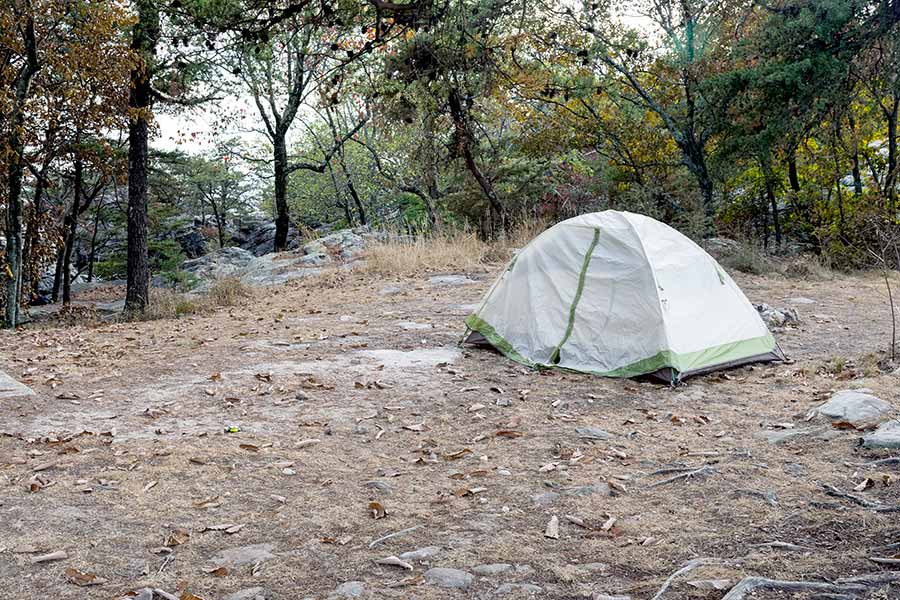
8. Learn Basic Survival Skills
Developing basic survival skills is essential for camping when you are out by yourself. Learn the basics of techniques like starting a fire, using a compass to navigate your surroundings, and signaling for assistance in case of an emergency. These fundamental survival techniques will help you stay safe and secure during your expedition.
In addition, learning how to determine safe drinking water sources, identify edible plants, and understand basic first aid is also advisable. These additional skills will help you manage unanticipated situations that may arise and could be life-saving in emergencies.
9. Pack a Reliable GPS Device
It’s essential to have a reliable GPS device to navigate your surroundings accurately. Getting lost hiking in the wilderness can be a nightmare, and being prepared with the necessary tools can significantly improve your safety and overall camping experience.
You might consider carrying a handheld GPS unit, which offers greater precision and longer battery life than smartphone apps. Alternatively, with a smartphone, you should consider downloading an offline map, which allows you to access maps even without an internet connection.
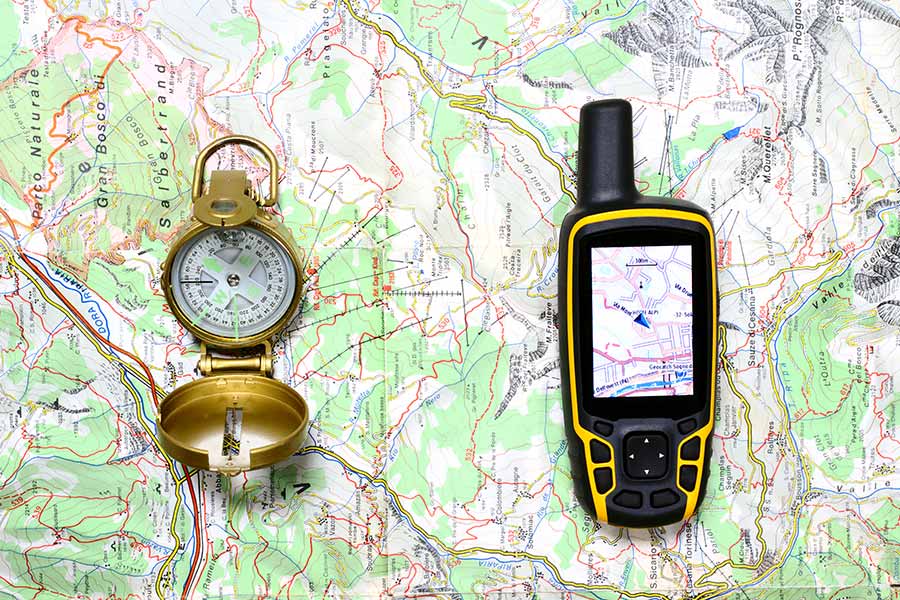
In addition to working offline, a mapping app can give you access to up-to-date information, including locating nearby amenities or emergency services. Plan your route ahead of time, study your maps, and have the necessary equipment ready to avoid the risk of getting disorientated or lost. Also, purchase a topo map or other paper maps just in case none of your electronic ones for some reason won’t work.
10. Be Mindful of Wildlife
It’s essential to be aware of the potential dangers the local wildlife poses. For example, certain species like bears, wolves, or snakes could pose a risk for campers, and you need to be aware of the risks and take the necessary precautions while exploring the wilderness.
Keep a firm check on your surroundings and strictly avoid areas frequented by dangerous animals. Be aware of the local fauna and follow best practices for wildlife safety around your camping site. If you must travel through the wild during the day, carry bells, sound-emitting LED lights, whistles, or other noise-making devices to deter any animals.
It’s also vital to store your food securely, away from camp, in animal-resistant containers. Properly keeping food is essential to deter animal activity and, most importantly, prevent animal/human interactions.
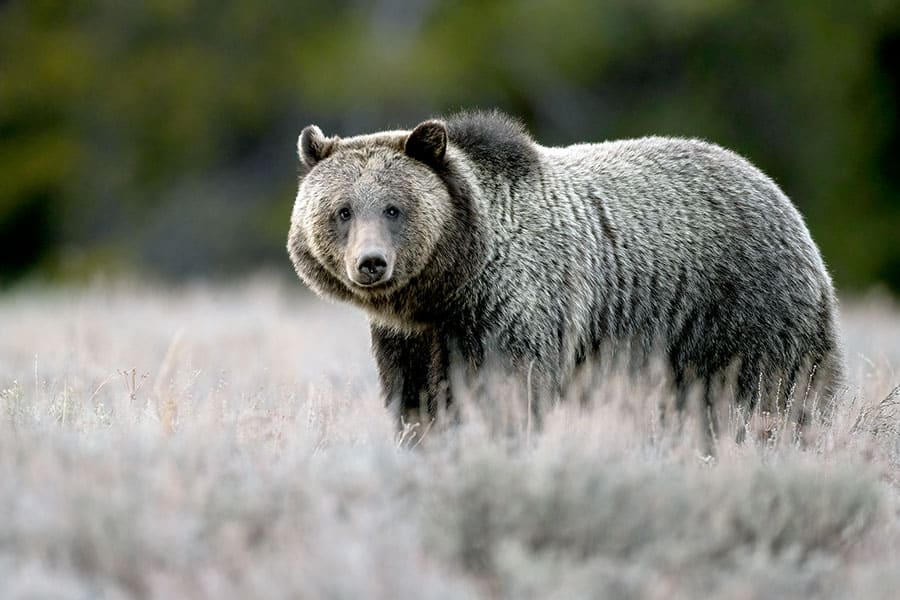
11. Prepare for Emergencies
It’s always wise to be prepared for any eventualities when camping. Apart from necessary camping gear, it’s essential to carry a two-way radio or a satellite phone to establish communication in emergencies. It would also be wise to keep an alternative power source handy.
12. Stay Aware of Your Surroundings
It is crucial always to remain vigilant and alert to your surroundings. Stay on the lookout for potential hazards, such as wildlife, extreme weather, or treacherous terrain. Avoid unnecessary risks and exercise caution to stay safe.
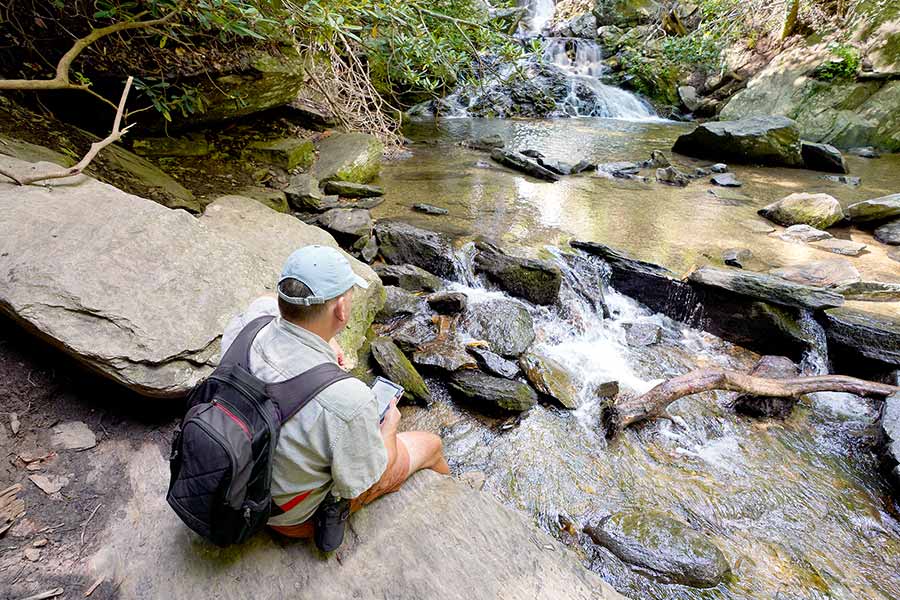
13. Have a Communication Plan
When camping with others, having a communication plan is critical so everyone stays connected throughout your journey. As the situation could sometimes get challenging or complicated, it is sensible to have a designated meeting point or a set of pre-existing hand signals that could help communicate silently from a distance. Also, keep watch for things like a low signal or battery issues.
A well thought out communication strategy will keep everyone on the same page and remain safe during your expedition.
14. Pack a Repair Kit
When camping off the beaten path, it’s essential to carry a repair kit with you, complete with basic tools and supplies that you may require to address any mechanical or equipment issues that may arise during your journey.
Mechanical problems with your RV or camping gear can cause significant inconvenience and potentially even be dangerous if not taken care of. A well-stocked kit will allow you to patch up any issues temporarily until you can get to a professional repair facility. Make sure that it includes a way to repair a tire and pump it back up. However, it’s not just enough to have the equipment – it’s also useful to have basic repair knowledge.
Knowing how to use the tools in the kit and having a basic idea of how to fix common problems can give you peace of mind and help you immensely in emergencies.
Off the Beaten Path
Camping in remote locations is an adventure that we all should experience at some point in our lives. However, remote camping is not something to take lightly. Preparing and planning your trip is essential to have a safe and enjoyable adventure. With careful preparation, camping away from everything can be an unforgettable adventure.




